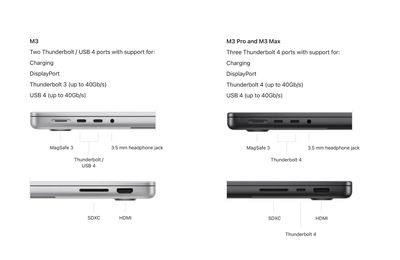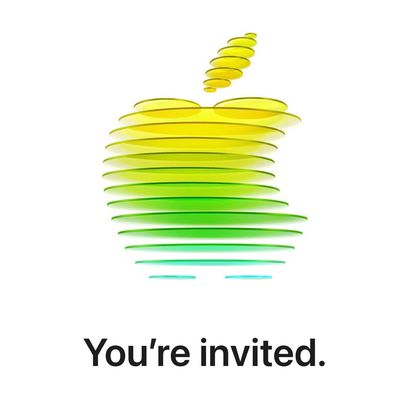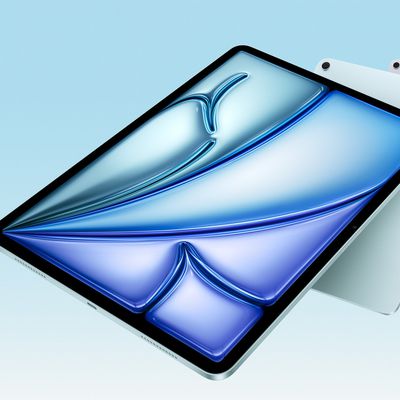14-Inch MacBook Pro With M3 Chip Has Only Two Thunderbolt 3 Ports
Apple's new M3 14-inch MacBook Pro features two Thunderbolt 3 USB-C ports, not three Thunderbolt 4 ports like the 14-inch and 16-inch MacBook Pro models powered by M3 Pro and M3 Max chips.

Apart from having fewer USB-C ports, the lack of Thunderbolt 4 support on the 14-inch MacBook Pro with the base M3 chip means it only supports one display with up to 6K resolution at 60Hz, or one display with up to 4K resolution at 120Hz over HDMI.
In comparison, like the M2 Pro chip it replaces, the M3 Pro supports up to two external displays with up to 6K resolution at 60Hz over Thunderbolt. The M3 Pro-powered MacBook Pro models also support one external display with up to 6K resolution at 60Hz over Thunderbolt and one external display with up to 4K resolution at 144Hz over HDMI.
Meanwhile, the M3 Max supports up to four external displays in the following configuration: Up to three external displays with 6K resolution at 60Hz over Thunderbolt and one external display with up to 4K resolution at 144Hz over HDMI.
Alternatively, M3 Max MacBook Pro models can support up to three external displays by connecting two displays with 6K resolution at 60Hz over Thunderbolt and one display with up to 8K resolution at 60Hz, or one display with 4K resolution at 240Hz over HDMI.
Lastly, both the M3 Pro and M3 Max also support native DisplayPort over USB-C, and one display with up to 8K resolution at 60Hz or 4K resolution at 240Hz over HDMI.
The new MacBook Pro models are available to order now, and they will begin arriving to customers and launch in stores on Tuesday, November 7. Be sure to check out our MacBook Pro announcement coverage for all the details.
Popular Stories
Apple today announced a "special Apple Experience" in New York, London, and Shanghai, taking place on March 4, 2026 at 9:00am ET.
Apple invited select members of the media to the event in three major cities around the world. It is simply described as a "special Apple Experience," and there is no further information about what it may entail. The invitation features a 3D Apple logo design...
Apple plans to release an iPhone 17e and an iPad Air with an M4 chip "in the coming weeks," according to the latest word from Bloomberg's Mark Gurman.
"Apple retail employees say that inventory of the iPhone 16e has basically dried out and the iPad Air is seeing shortages as well," said Gurman. "I've been expecting new versions of both (iPhone 17e and M4 iPad Air) in the coming weeks."...
Apple's upcoming iPhone 18 Pro and iPhone 18 Pro Max models "won't be a big update," according to Bloomberg's Mark Gurman.
In the latest edition of his "Power On" newsletter, Gurman said that the iPhone 18 Pro models will "represent minor tweaks from last year's iPhone 17 Pro and 17 Pro Max." He compared the upgrade to Apple's past practice of appending the letter "S" to its more minor...
Apple on Monday invited selected journalists and content creators to a "special Apple Experience" on Wednesday, March 4 in New York, London, and Shanghai.
At an Apple Experience, attendees are typically given the opportunity to try out Apple's latest hardware or software. Following the launch of Apple Creator Studio last month, for example, some content creators attended an Apple Experience...
While the iPhone 18 Pro and iPhone 18 Pro Max are still seven months away, an analyst has revealed five new features the devices will allegedly have.
Rumored color options for the iPhone 18 Pro models
In a research note with investment firm GF Securities on Thursday, analyst Jeff Pu outlined the following upgrades for the iPhone 18 Pro models:
Smaller Dynamic Island: It has been rumored...





















